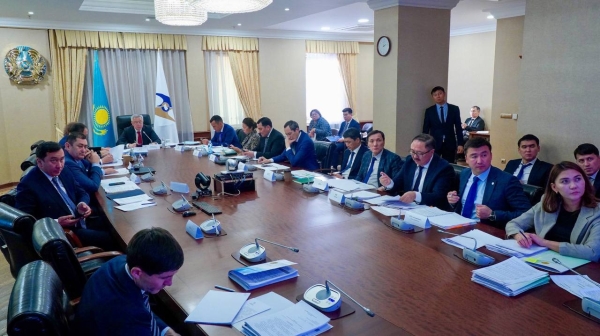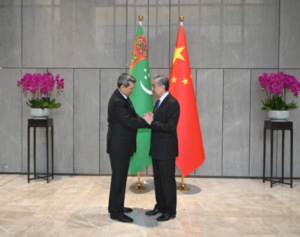At the latest meeting of the Eurasian Economic Commission (EEC) Council, several key agreements were adopted aimed at deepening integration within the Eurasian Economic Union (EAEU). Chaired by Kazakh Deputy Prime Minister Serik Zhumangarin, the discussions focused on facilitating the creation of common markets and enhancing cooperation across various sectors.

A significant milestone was the approval of an agreement allowing brokers and dealers from one EAEU member state to participate in organized trading on exchanges of other member states. This marks an important step toward establishing a unified exchange space across the region, promoting financial integration and cross-border trading.
Another key development was the agreement on administrative cooperation for conducting research and development (R&D) work. The agreement aims to liberalize and open the market for R&D services within the EAEU. It defines the range of information, such as current regulations, market participants, and events, that will be freely available on the official websites of EAEU member states. This move is expected to foster productive interaction and collaboration among countries, enhancing the development of research and innovation across the union.
The EEC Council also signed an agreement on the permissible weights, axle loads, and vehicle dimensions for road transport within the EAEU. This agreement is set to improve the efficiency of international transportation, enhance the safety of road infrastructure, and optimize the use of the region’s transit potential.

In another important decision, a roadmap was approved to revise the labeling of fur clothing, a proposal initially raised by Kazakhstan. Since mandatory labeling was introduced in 2016, Kazakhstan has advocated for a shift in the labeling method, suggesting the use of a two-dimensional barcode in the Data Matrix format instead of the radio frequency RFID tag. The approved roadmap outlines the procedural changes required for this transition, with the new labeling method set to be implemented by April 2025.
Additionally, amendments to the Agreement on Uniform Principles and Rules for the Circulation of Medical Products were approved. These amendments seek to maintain consistent requirements for medical products manufactured within the EAEU and those imported from third countries, ensuring the safety and quality of healthcare products across the union.
The meeting covered more than 50 issues related to mutual trade, digitalization, customs regulation, technical standards, international cooperation, and the application of sanitary and phytosanitary (SPS) measures.




